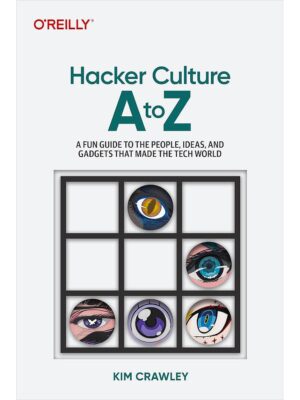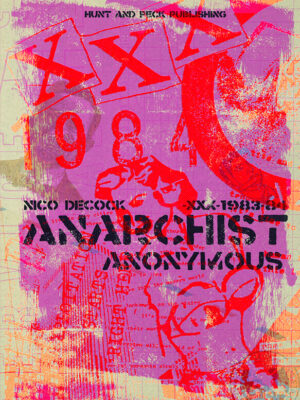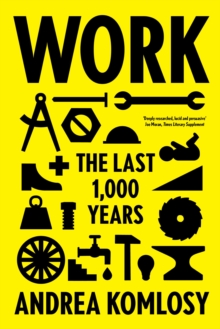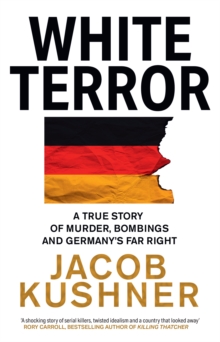Caution! For multiple reasons the stock that we show on the website sometimes differs with the real stock we have in the shop.
Somalia: Economy Without State
€24.99
Stateless or near stateless territories, increasingly common in Africa, are characterized by ‘second economies’ based on trans-border trade, ‘smuggling’, informal finances and global circuits of remittances and goods. Somalia is an extreme case of an economy without a government. Does statelessness necessarily mean anarchy and disorder? Clan elders, religious leaders and businessmen have worked together to provide stability and security in large parts of Somalia. Urban centres continue to suffer violence, political chaos and economic disruption. Do money, international trade and investment survive without a state? Somalia has been without a state, a Ministry of Finance, or a central bank, but the Somali Shilling was more stable during the second half of the 1990s than during the 1980s. Economic agreements with transnational firms and sovereign states go ahead. Do town-dwellers fare as well as pastoralists? With the collapse of the state, herders and traders have benefited from reduced restrictions on movement and there is a booming unofficial export and import trade. Settled populations have fared less well. Do pastoralists care about development and social improvement?Throughout the Horn western-funded development projects have had disastrous results. Nevertheless the Somalis have selectively accepted certain elements; phone and internet services are surprisingly cheap.
Author: Little, Peter D. Year: 2003 ISBN: 9780852558652 Pages: 224 Language: English Publisher: James Currey Publisher's city: Oxford Publication date:






